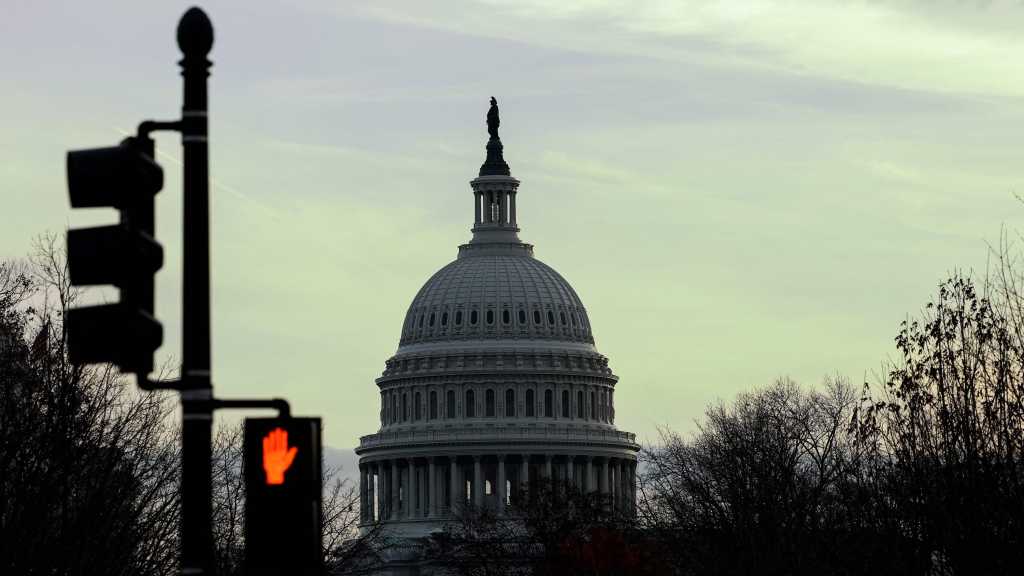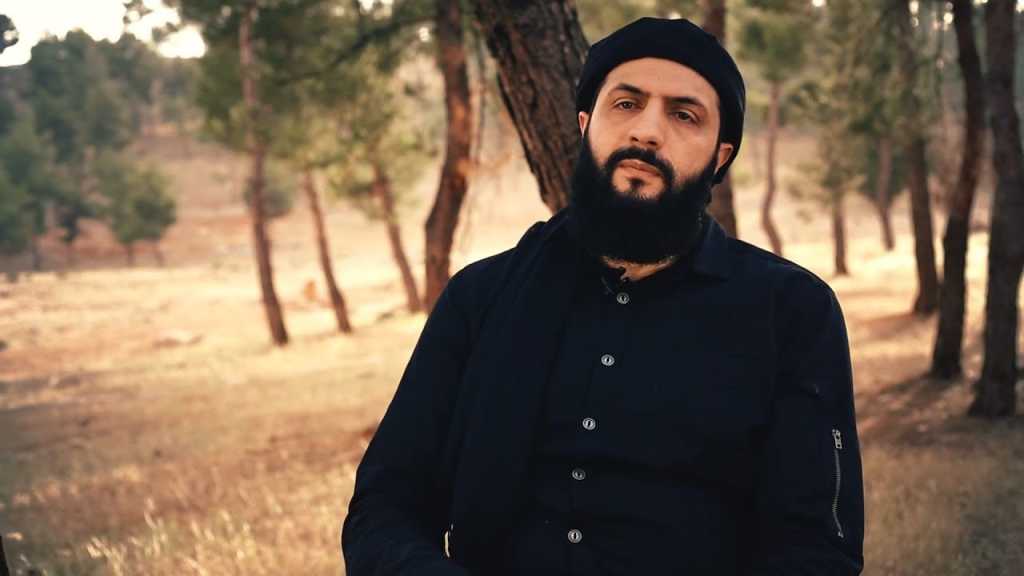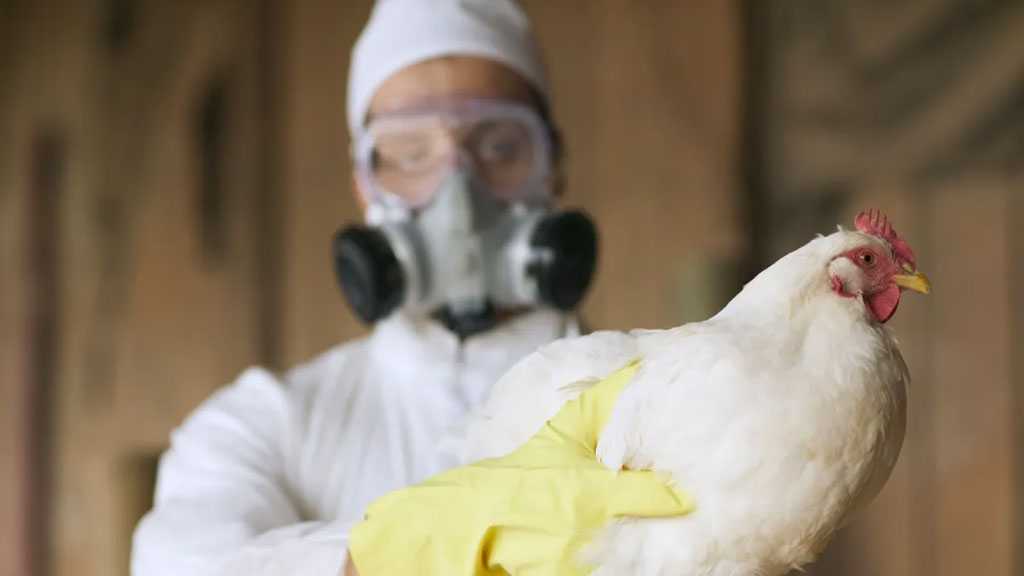
Maimed by a US submunition, Afghan teen joins fight in Dublin against landmines

Source: AFP, 21-05-2008
Robin Millard
DUBLIN: Afghan teenager Soraj Ghulam Habib, whose legs were blown off by a cluster bomb, is campaigning hard for a ban on such lethal munitions that would spare other children from his tragic fate. A 10-year-old boy when the unexploded bomblet left him close to death, Habib, now 17 and wheelchair-bound, is in Dublin to press officials from 109 countries who have gathered to thrash out a landmark ban on cluster bombs.
The conference, due to conclude on May 30, is aiming for a wide-ranging international pact that would completely eliminate the use, production, transfer and stockpiling of cluster munitions among signatories.
Habib's childhood curiosity with a funny-looking object left him a whisker from death, yet another innocent civilian victim of deadly cluster bombs.
"One day, I went out with some of my cousins for a picnic in a public park," the soft-spoken teenager from Afghanistan's northwestern Herat Province told AFP through a Dari-speaking interpreter. "It was the beginning of New Year in Afghanistan and on the way home, on the sidewalk, I saw a yellow can. I picked it up and wanted to open it. When I threw it down, it exploded."
The same color as the emergency food parcels air-dropped by US planes, the yellow can was in fact a BLU-97, a submunition dropped in a cluster bomb during the 2001 US aerial bombing campaign to oust the Taliban regime in Afghanistan.
"It's a dangerous weapon but it looks nice, it looks very interesting to a child," he said.
Doctors at the hospital where Habib was taken wanted to give the 10-year-old a lethal injection, judging that his life was not worth living given the extent of his injuries.
"He said to my father, 'it's not good for his future to be like this, let's let him die,'" Habib said.
But the boy's father disagreed and the youth was operated on. A week later, a small piece of submunition was found in his stomach, which had entered his body through his leg. Again, the medics operated.
After four months, he was allowed to return home, with daily visits from the doctors. Further operations followed.
The physical horror of his ordeal is visible, but the emotional and social damage is not. Leaving hospital, the destruction of his childhood became clear.
"Cluster munitions injure but also do not lead us to be in society," Habib said. "I wanted to go outside and play with my friends, but they did not want to play with me. They said that now I was a wheelchair user, I was not able to do anything."
Fighting his corner, his uncle pushed for him to be allowed back in school.
"It was a social problem that nobody would play with me," he said. "I had a lot of dreams, to do for my friends, my family, my community and my country; it destroyed all my dreams and all my wishes."
He is not the only one whose childhood has been wrecked by cluster bombs. Campaigners say they disproportionately affect civilians, with Handicap International estimating that 60 percent of civilian casualties are children.
"There are a lot of people affected by cluster munitions in Afghanistan, especially in Herat," Habib said. "In my rehabilitation center, one of my classmates also lost both his legs."
Habib is clear about the outcome he wants from the talks at Croke Park stadium in Dublin: "I'm calling on all the states, especially those here, to stop it, join with us and let the children have peace and a life without cluster munitions.
"I hope from this conference that we come out with good results to save future lives," he said. "It's the responsibility of those countries ... save the lives of children and give them a brilliant future."
Habib now works in Herat with Kabul-based ALSO, the Afghan Landmine Survivors' Organization. "I try to bring back the dreams I had before," he said, "to work hard and offer the help that I can to my people, my community and my country."
Robin Millard
DUBLIN: Afghan teenager Soraj Ghulam Habib, whose legs were blown off by a cluster bomb, is campaigning hard for a ban on such lethal munitions that would spare other children from his tragic fate. A 10-year-old boy when the unexploded bomblet left him close to death, Habib, now 17 and wheelchair-bound, is in Dublin to press officials from 109 countries who have gathered to thrash out a landmark ban on cluster bombs.
The conference, due to conclude on May 30, is aiming for a wide-ranging international pact that would completely eliminate the use, production, transfer and stockpiling of cluster munitions among signatories.
Habib's childhood curiosity with a funny-looking object left him a whisker from death, yet another innocent civilian victim of deadly cluster bombs.
"One day, I went out with some of my cousins for a picnic in a public park," the soft-spoken teenager from Afghanistan's northwestern Herat Province told AFP through a Dari-speaking interpreter. "It was the beginning of New Year in Afghanistan and on the way home, on the sidewalk, I saw a yellow can. I picked it up and wanted to open it. When I threw it down, it exploded."
The same color as the emergency food parcels air-dropped by US planes, the yellow can was in fact a BLU-97, a submunition dropped in a cluster bomb during the 2001 US aerial bombing campaign to oust the Taliban regime in Afghanistan.
"It's a dangerous weapon but it looks nice, it looks very interesting to a child," he said.
Doctors at the hospital where Habib was taken wanted to give the 10-year-old a lethal injection, judging that his life was not worth living given the extent of his injuries.
"He said to my father, 'it's not good for his future to be like this, let's let him die,'" Habib said.
But the boy's father disagreed and the youth was operated on. A week later, a small piece of submunition was found in his stomach, which had entered his body through his leg. Again, the medics operated.
After four months, he was allowed to return home, with daily visits from the doctors. Further operations followed.
The physical horror of his ordeal is visible, but the emotional and social damage is not. Leaving hospital, the destruction of his childhood became clear.
"Cluster munitions injure but also do not lead us to be in society," Habib said. "I wanted to go outside and play with my friends, but they did not want to play with me. They said that now I was a wheelchair user, I was not able to do anything."
Fighting his corner, his uncle pushed for him to be allowed back in school.
"It was a social problem that nobody would play with me," he said. "I had a lot of dreams, to do for my friends, my family, my community and my country; it destroyed all my dreams and all my wishes."
He is not the only one whose childhood has been wrecked by cluster bombs. Campaigners say they disproportionately affect civilians, with Handicap International estimating that 60 percent of civilian casualties are children.
"There are a lot of people affected by cluster munitions in Afghanistan, especially in Herat," Habib said. "In my rehabilitation center, one of my classmates also lost both his legs."
Habib is clear about the outcome he wants from the talks at Croke Park stadium in Dublin: "I'm calling on all the states, especially those here, to stop it, join with us and let the children have peace and a life without cluster munitions.
"I hope from this conference that we come out with good results to save future lives," he said. "It's the responsibility of those countries ... save the lives of children and give them a brilliant future."
Habib now works in Herat with Kabul-based ALSO, the Afghan Landmine Survivors' Organization. "I try to bring back the dreams I had before," he said, "to work hard and offer the help that I can to my people, my community and my country."



